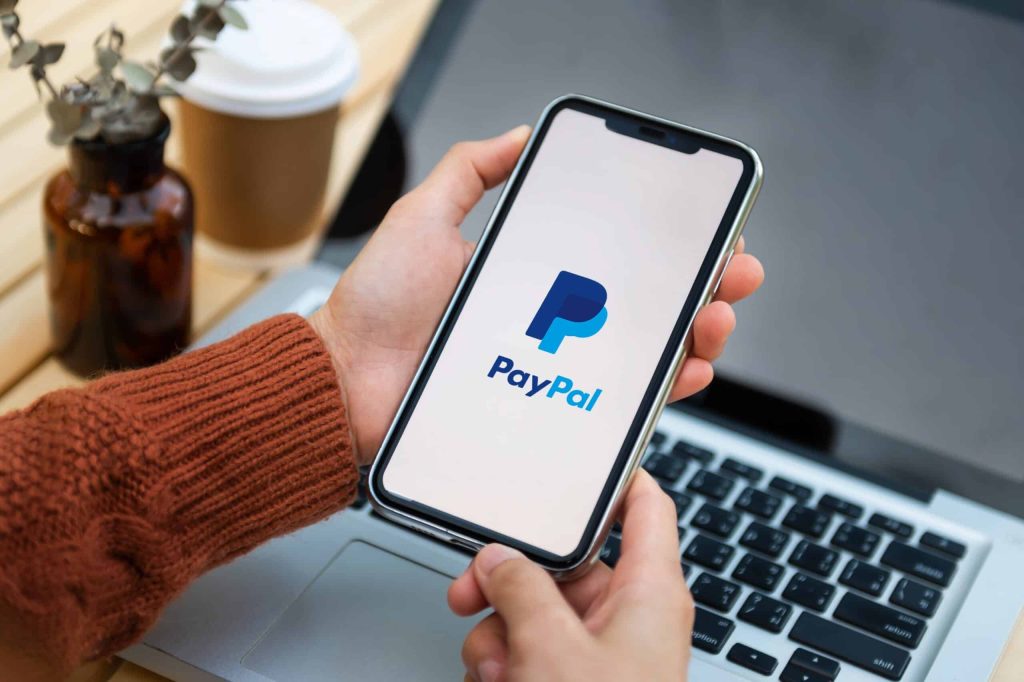PayPal 3.53% reports its financial results after the market close Wednesday, a week after the payments company said it would lay off 9% of its workforce as part of its new CEO’s turnaround plan. Investors will be looking for proof that the company can stop its core checkout business from being eaten by competitors. PayPal Holdings is expected to report fourth-quarter earnings of $1.18 a share, based on generally accepted account principles, according to analysts tracked by FactSet. Analysts expect the company to report $7.88 billion in sales for the period.
The company offers peer-to-peer transfers through apps like Venmo, as well as online checkout services. It handles roughly a quarter of e-commerce transactions, according to the company, but lately PayPal has lost market share to other platforms like Apple Pay 0.86%. At the end of January, the company said it would lay off 9% of its workforce this year in an effort to “right-size” its business, according to a memo to employees from CEO Alex Chriss, who took over in September 2023.
PayPal stock has slid about 23% over the past year to just under $64 through Tuesday’s close, though has risen 3.8% so far in 2024. About half of analysts rate the stock a Buy, while the other half have a Neutral rating, according to FactSet, with the average price target at $63.01. A primary drag on the stock lately has been eroding market share of PayPal’s core “branded” checkout business, which competes with other options like Apple Pay and Google Pay. PayPal also offers lower-margin unbranded checkout, which is growing.
PayPal “is currently the most heavily debated stock we cover,” wrote BTIG analysts in a research note last week. The analysts wrote they expect the company to give strong earnings guidance but a weak revenue forecast. The analysts wrote they’d be “surprised if a growth narrative emerges that attracts incremental buyers of the stock.”
The company’s “Innovations” event in January left Wall Street less than impressed. There, executives unveiled initiatives like “smart receipts,” which can use artificial intelligence to predict what a consumer wants next, and a faster checkout process.
Some regulatory winds do appear to be blowing in PayPal’s favor, however. Last month, Apple said it would open up the tap-to-pay functionality to competitors in its iPhones in the European Union to comply with a new E.U. law. The move could allow companies, including PayPal, to offer tap-to-pay applications on iPhones in some markets.
For investors, the stock is also inexpensive by historical standards. It has a price-to-earnings ratio, based on the next 12 months estimated earnings, of 11. That is half the industry average and well below PayPal’s own five-year average of 30.5 times earnings.
But to convince investors the stock doesn’t deserve to be so cheap, PayPal will have to prove its growth story isn’t over.



